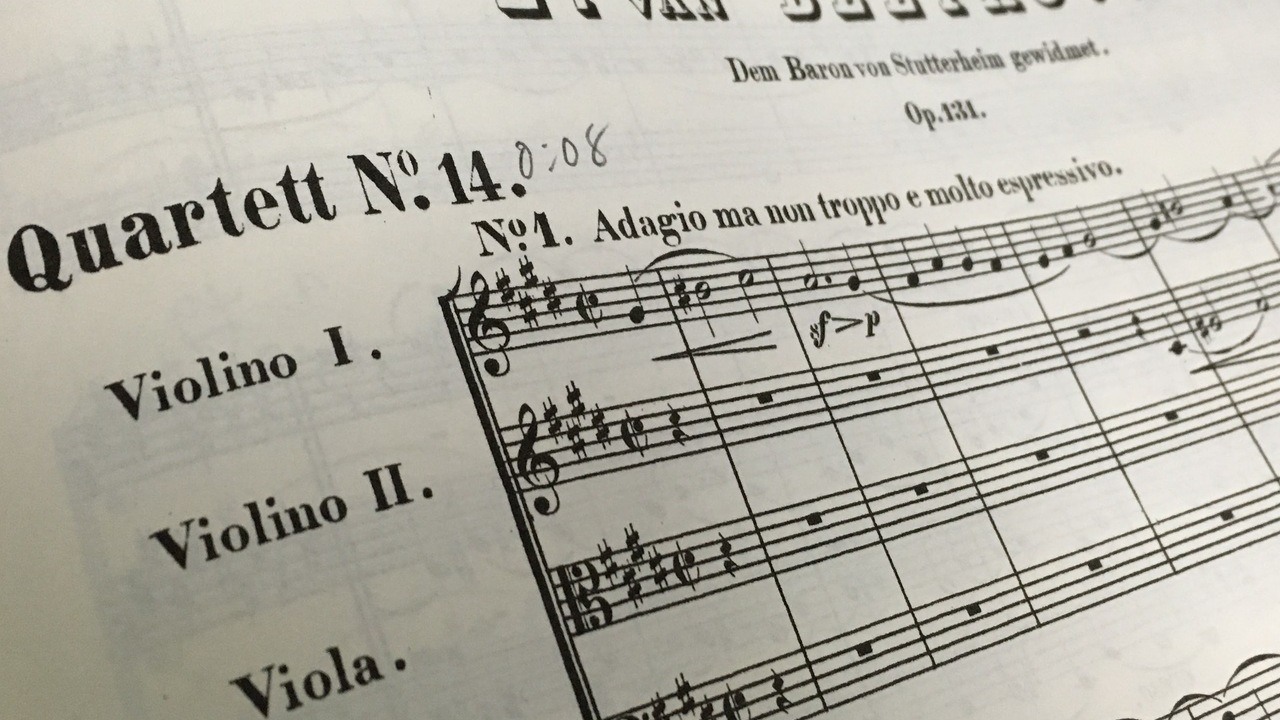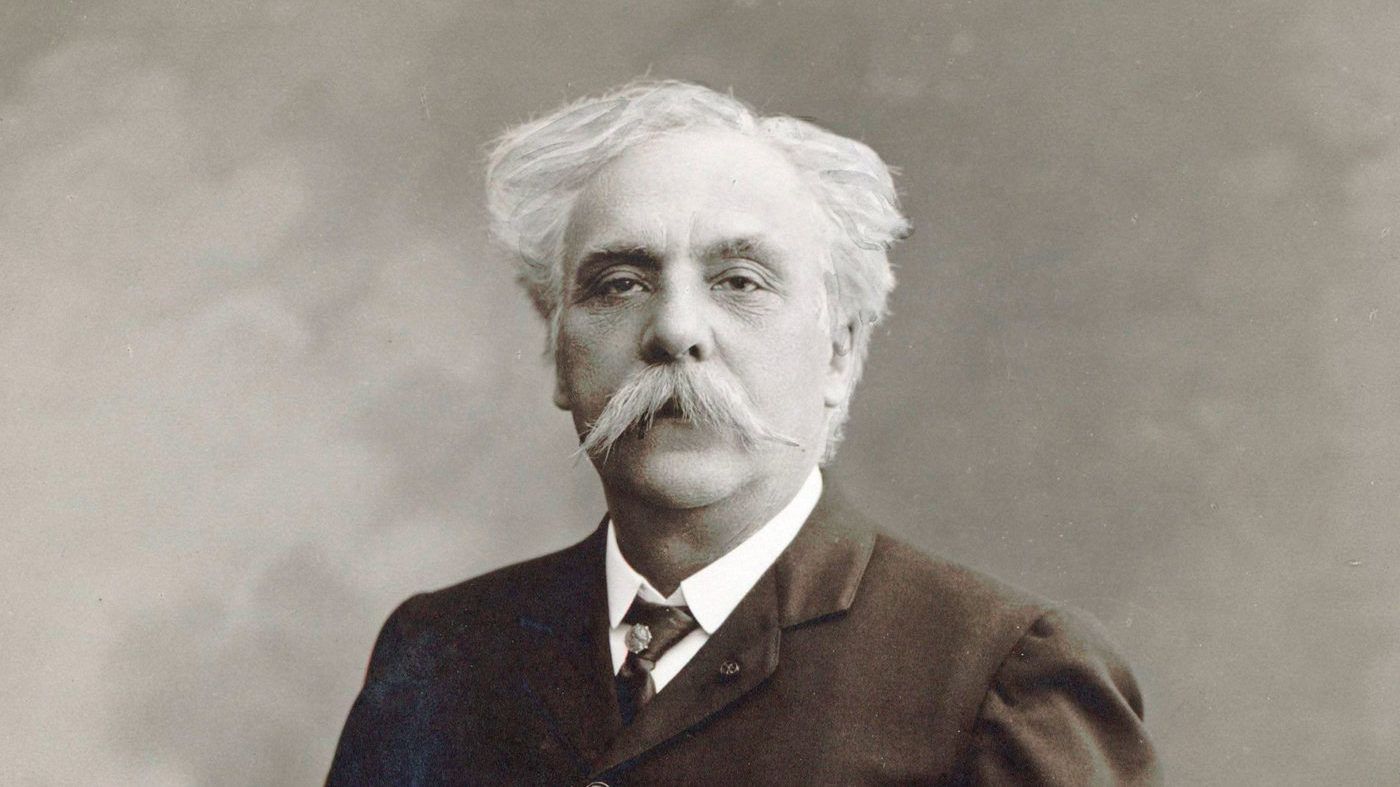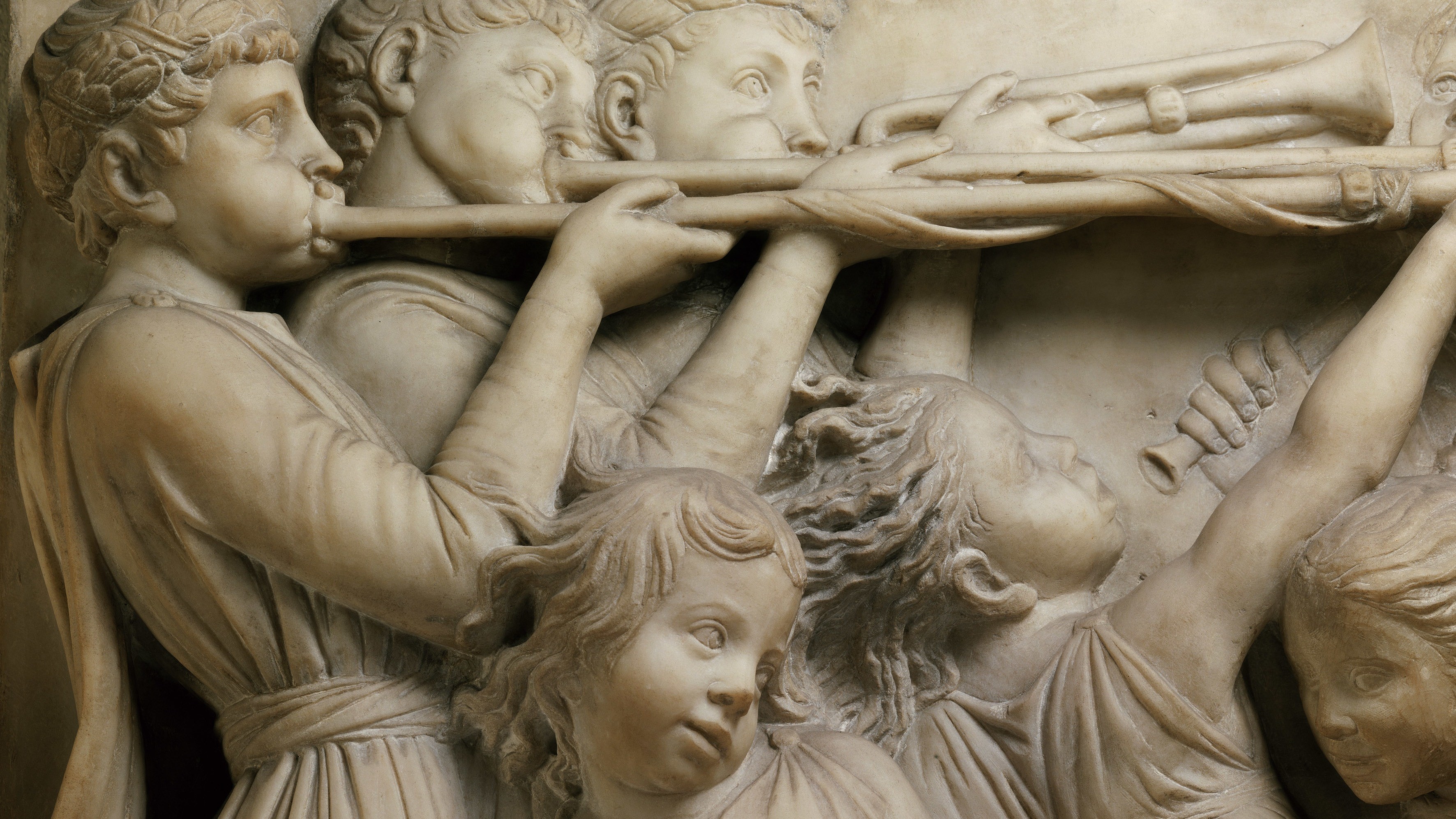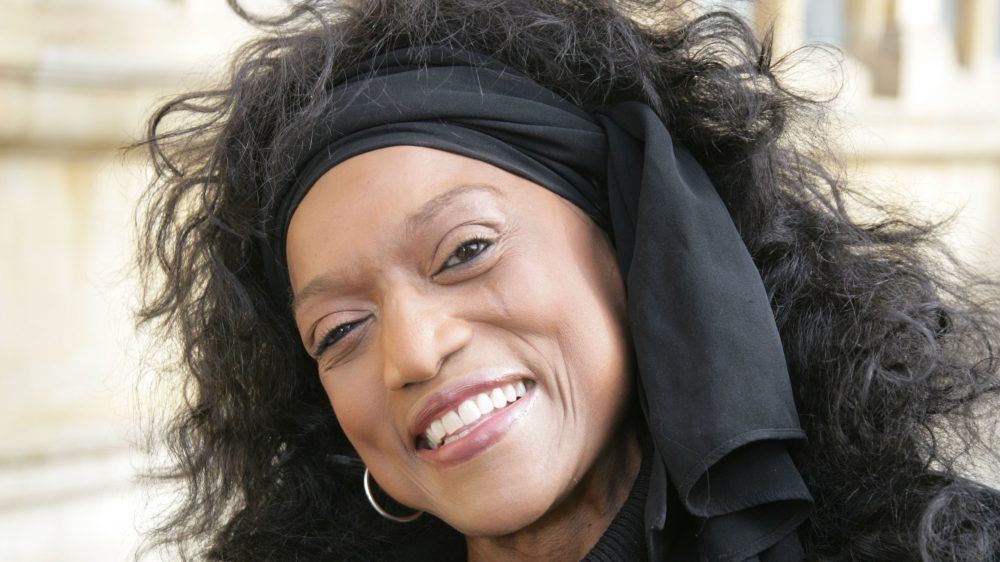Brahms’ Cello Sonata No. 1: Jacqueline du Pré and Daniel Barenboim
We call it a “Cello Sonata,” but the official name Johannes Brahms gave this piece, completed in 1865, is “Sonate für Klavier und Violoncello.” To stress further the equality between the two instruments, Brahms specified that the piano “should be a partner—often a leading, often a watchful and considerate partner—but it should under no circumstances assume a purely accompanying role.” The E minor Sonata is dedicated to Josef Gänsbacher, an Austrian music …







